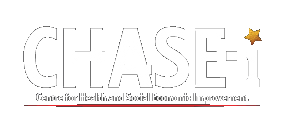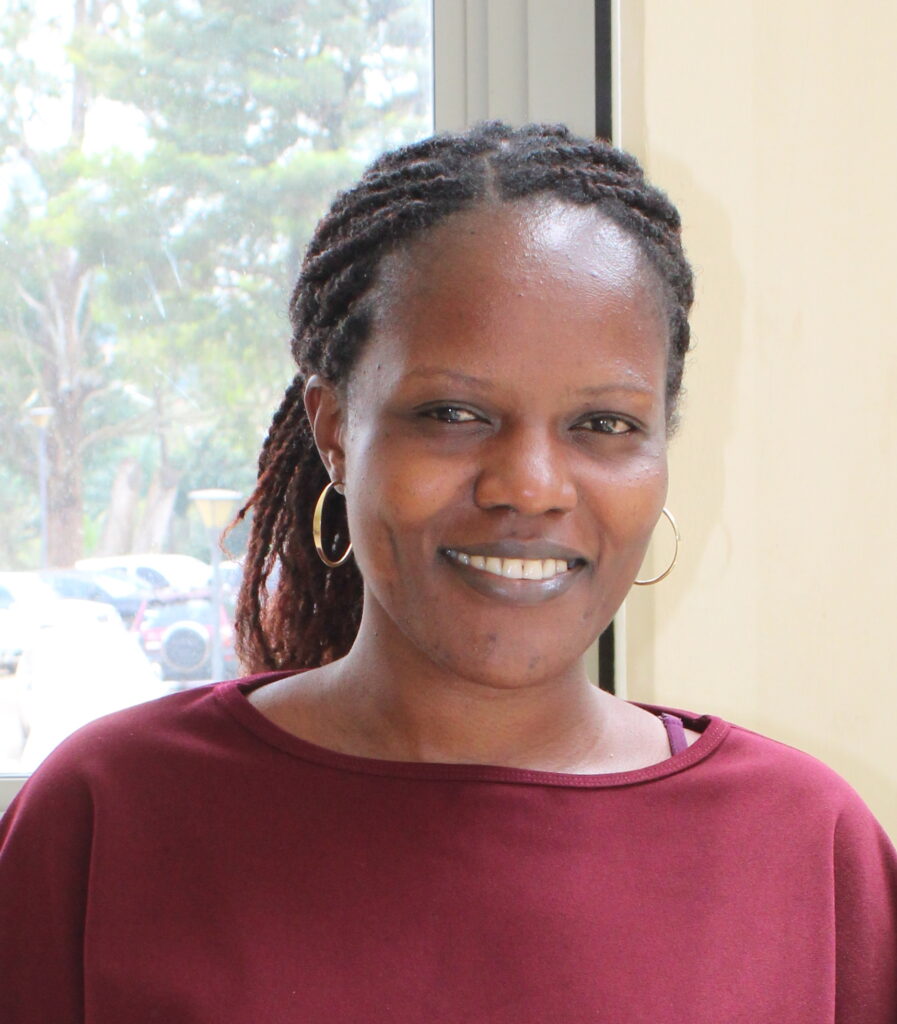Language translation and mental health services: implications for programming in humanitarian contexts

Agnes Kyamulabi, Makerere, CHASE-i
The use of translators has provided an opportunity for service provision to individuals and communities that would otherwise be excluded due to language as a barrier between the service provider and the service users. In this blog, I use my experience as a social worker assessing a mental health therapeutic intervention in a Ugandan humanitarian setting to reflect on areas needing attention in order to optimize the role of translators in therapeutic relationships involving service users and providers
I have worked before with persons of concern (POC) but not necessarily in the area of mental health. It was therefore an exciting challenge when I was presented with the opportunity to engage survivors of violence in a ‘new’ protection intervention under the COMPASS project. The new intervention was Interpersonal Group Therapy (IPT-G), developed and validated by WHO and since implemented in different parts of the world though never in Uganda before -atleast to the best of our knowledge. The evidence shows IPT-G to be a promising, cost-effective treatment modality for patients suffering from depression, and very much recommended in resource-limited settings like Uganda’s refugee settlements. Adapting IPT-G to refugees from South Sudan in Palabek Refugee Settlement and seeing how it pans out was something I was excited to explore.
Survivors of violence share their lived experiences with others and somehow, over time, get healing and other forms of resilience with the sessions guided by a facilitator (ideally it should be a clinical psychologist although in our case it was social workers and/or counsellors who were doing an equally amazing job).
When I got to Palabek in Lamwo district, somewhere in Northern Uganda, I was well aware of the need to use translators but had paid not given as much thought on the administration process of the therapy. It was during my first interaction with one of the facilitators, that I started to think about the people who administer this therapy with a group of people who speak different languages. My first encounter with the ‘clients’ of this therapy was through a group discussion consisting of people speaking different languages including Arabic, Luo, Acholi, Nwer, Dinka and Didinka among others. This is because majority of the refugees come from South Sudan where these languages are native or at least widely spoken. As the project’s research and learning team, it was such a relief to identify a translator with proficiency not only in the aforementioned languages. However, at some point I started to wonder why some participant responses seemed to be out of scope in regards to the discussion and questions asked. Intuitively, I started being more vigilant and attentive as translations were being made. To make myself more engaged in the translation, I requested that the responses also be translated for me to be certain about the entire flow of the discussion. And there was a lot to learn – particularly how, despite good intentions and effective models, things can still get lost in translation and the mark can be missed. This experience also underscored how important the process of adaptation of a proven model must seriously consider contextual specificities and pay attention to every detail. Thankfully, my observation was at the beginning of this therapeutic process and this particular IPT-G cohort still had another several weeks to work through these issues, with our [CHASE-i] input as learning partners. Some modifications were recommended to implementing partners.
The idea of hiring translators to support teams to enhance the relationship and interactions between service providers and users deserves particular attention, especially in contexts as humanitarian or refugee settings. It was a noteworthy that this particular translator was identified not just on the basis of language proficiency but also based on longstanding experience translating within the community. Still, different projects carry different aims; and it problematic to expect translators to deliver critical information of an initiative that has taken professionals to design over a period of time – for a translator to deliver it in a matter of hours to the intended audience or clients.
Mental Health and Psychosocial Support (MHPSS) or trauma-informed care for persons of concern are critical in refugee settings, actually all humanitarian settings. Translators have been used widely in these settings; however, their meaningful inclusion and participation in in the design and evaluation of such projects can be improved – beyond just bringing them on board at the very last minute to translate key concepts and relay critical information. A quick analysis of our assessments over time indicates that most of these translators struggle to translate technical terms or concepts such as depression, stress, beck depression inventory, anxiety disorders, post-traumatic stress disorder, bipolar, dyslexia etc. In addition, most struggle to cultivate cultural sensitivity in order to create a trusting therapeutic space and facilitate communication with clients and significant others – which is also something that cannot be done in a one-off interaction when they are hired. For most refugees, continuity and trust issues in regards to people delivering care remain core to the perceived effectiveness of such interventions.
Given the sensitivity of the matter (mental health), it is important capacity bridging for translators to preceded translation in MHPSS. In this bridging process, the translator should be given an opportunity to first appreciate the subject and learn a few things from the profession before embark on the role of translating – if not for anything, because the facilitator, beneficiaries or participants and the observers (researchers like me) will all depend on this particular translator. Once the translator translates any of the questions wrongly, it has a lasting effect on the impact/outcome. This matter was also raised by most of the experts and other stakeholders as something which affects results in a sense that sometimes translators are not people who are trained to do this kind of job but rather do it for survival and there is a real possibility to mess up things – as is the possibility of clients feeling inhibited by the person and/or competence of the translator, thereby affecting not only the therapeutic intention of the intervention but also the outcome.
Impact on interventions and programming
Once the translator attaches wrong meanings to key concepts especially in such the sensitive matter of MHPSS and also fails to cultivate the cultural context or sensitivity, it will affect the results from both the therapy, assessment of these results, recommendations, etc. And once results are wrong, then implementers don’t have accurate information/data, it definitely affects programming – it is possible to continue implementing sub optimally or even ineffectively, sometimes doing more harm than good, which is in itself contravening the protection theme in which such interventions seek to make a contribution. And it violates the right of refugees or any client seeking care.
Mental health services are critically needed in settings like Palabek, given what refugees endure before, during and after arrival in the settlement. We simply cannot deliver such well-designed and tested interventions in a reckless manner or have the oversight of an incompetent interpreter undo the promising benefit interventions like IPT-G can offer. I am comforted that our implementing partners on COMPASS project are open to take in recommendations and learnings from such [external and additional] assessments across the project’s lifespan.


